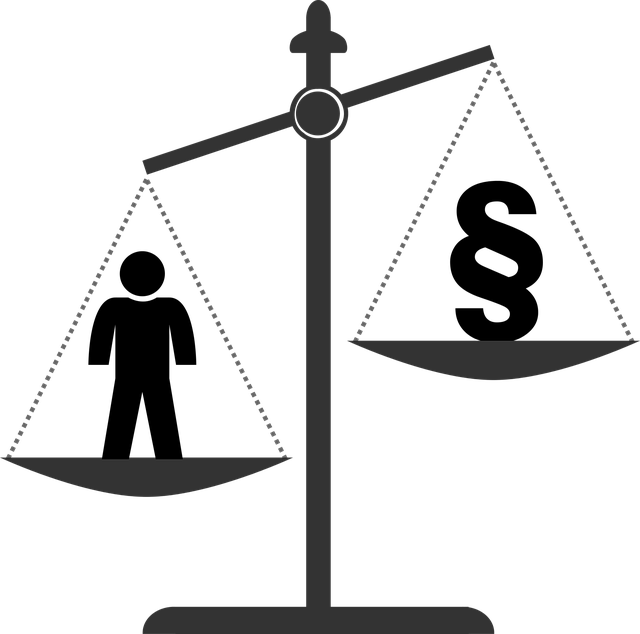Financial fraud, from identity theft to Ponzi schemes, poses significant threats to consumers. Protect yourself by understanding your rights and learning how to file a consumer protection lawsuit. This involves gathering evidence, consulting experts, and navigating legal procedures. Begin with detailed records of fraudulent transactions, identify responsible parties, and understand relevant laws. Seek professional assistance for guidance on filing a lawsuit to recover losses, deter future fraud, and safeguard your rights.
Financial fraud is a persistent threat, with sophisticated schemes targeting consumers daily. Understanding common scams and knowing your rights is essential in protecting your financial well-being. This article equips you with valuable insights into navigating financial fraud, including a comprehensive guide on how to file a consumer protection lawsuit. We’ll explore the process step by step, empowering you to take action against fraudulent activities. Additionally, we’ll delve into preventative measures and stay informed about emerging scams.
- Understanding Financial Fraud and Consumer Rights
- The Process of Filing a Consumer Protection Lawsuit
- Preventative Measures and Staying Aware of Common Scams
Understanding Financial Fraud and Consumer Rights
Financial fraud can take many forms, from identity theft to Ponzi schemes, and it’s a growing concern for consumers. Understanding what constitutes financial fraud is the first step in protecting yourself. Consumer rights are designed to safeguard individuals from unfair practices, ensuring they have access to accurate information and are treated ethically when conducting business transactions.
If you suspect you’ve been a victim of financial fraud, knowing your rights and the legal avenues available is crucial. One powerful tool at your disposal is the ability to file a consumer protection lawsuit. These lawsuits hold respective businesses accountable for their actions in high-stakes cases, where winning challenging defense verdicts can lead to significant recoveries for affected individuals. The process involves gathering evidence, consulting experts, and navigating complex legal procedures, but it’s a viable way to seek justice and compensation for fraud-related losses.
The Process of Filing a Consumer Protection Lawsuit
When a consumer falls victim to financial fraud, one crucial step towards justice is understanding the process of filing a Consumer Protection Lawsuit. The journey begins with gathering all relevant information and documents related to the fraudulent transaction. This includes keeping a detailed record of communications, transactions, and any evidence that supports the claim. Once armed with this knowledge, the next step is to identify the proper legal entity to file against, whether it’s an individual, business, or both.
Submitting a lawsuit involves navigating the court system, which requires a thorough understanding of consumer protection laws. It’s advisable to consult with an attorney specializing in white-collar defense and general criminal defense to ensure all legal grounds are covered. Throughout all stages of the investigative and enforcement process, a strong case is built, aiming to recover losses and deter future fraudulent activities, ultimately protecting consumers from such malicious practices.
Preventative Measures and Staying Aware of Common Scams
Preventative measures play a crucial role in financial fraud detection and protection. Individuals can safeguard their financial well-being by staying informed about common scams and taking proactive steps. Regularly reviewing bank statements, being vigilant with personal information, and doubting unexpected emails or calls from unknown sources are essential practices. Many financial institutions also offer tools and resources to help clients identify suspicious activities.
Additionally, understanding the legal framework surrounding consumer protection is vital. If a person becomes a victim of fraud, they have the right to file a lawsuit under relevant consumer protection laws. This process can lead to a complete dismissal of all charges, providing relief for those affected by white-collar crimes, which are often carried out across the country. Knowing how to navigate these legal avenues is key to not only recovering losses but also deterring future fraudsters.
Financial fraud can have devastating effects on individuals, but understanding your rights and taking proactive steps can make a significant difference. By staying informed about common scams and implementing preventative measures, you can protect yourself from potential fraudsters. If you’ve fallen victim to financial fraud, knowing how to file a consumer protection lawsuit is a crucial step towards justice and recovery. Armed with knowledge, consumers can navigate this complex landscape, ensuring their financial security and holding perpetrators accountable.






